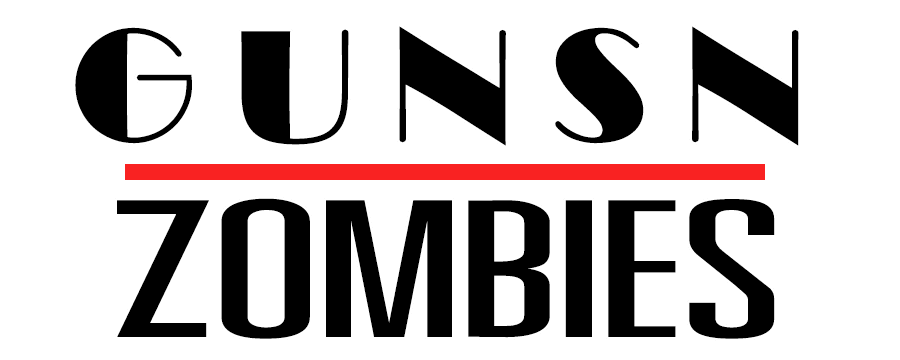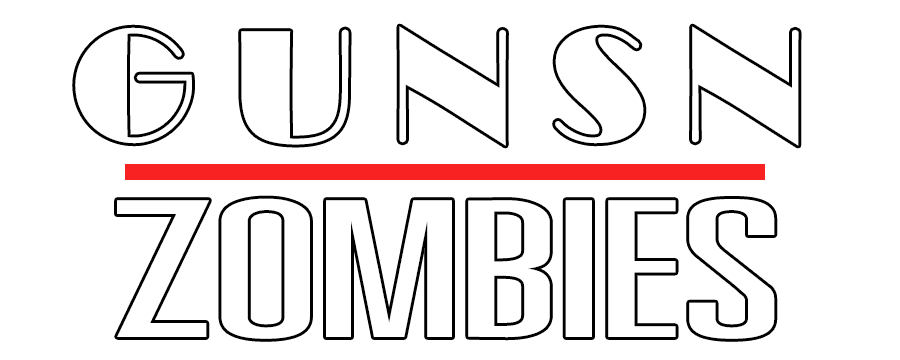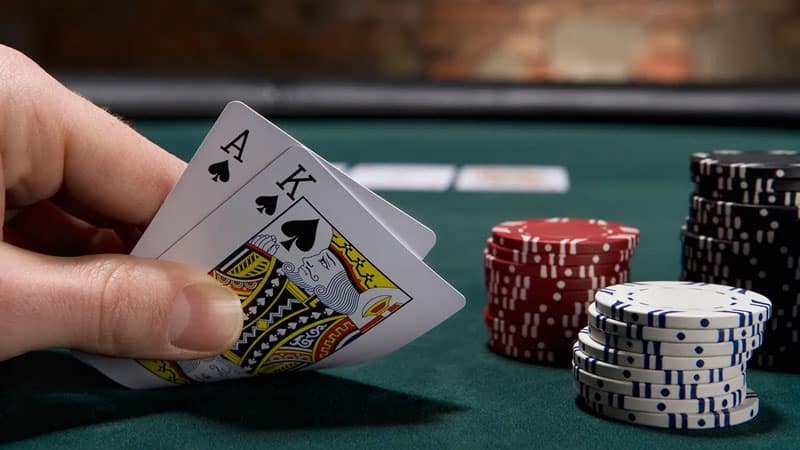Blackjack, also known as 21, is a popular card game played in casinos around the world. With a rich history and relatively simple rules, it’s no wonder that blackjack has become a favorite among both new and seasoned players. In this article, we’ll break down the essential rules and strategies to help you become a master at the blackjack table.
Objectives and Card Values
The primary objective in blackjack is to have a hand value closer to 21 than the dealer without exceeding 21. The card values are as follows:
- Number cards (2-10) are worth their face value.
- Face cards (Jacks, Queens, Kings) are worth 10 points.
- Aces can be worth 1 or 11 points, depending on which value benefits the hand.
Basic Terminology
To fully understand the game, it’s essential to familiarize yourself with some basic blackjack terminology:
- Hit: Requesting an additional card to improve your hand.
- Stand: Keeping your current hand and not drawing any more cards.
- Double Down: Doubling your initial bet and receiving only one additional card.
- Split: Dividing a pair of cards with the same value into two separate hands.
- Surrender: Giving up your hand and losing half of your initial bet.
- Bust: A hand value that exceeds 21, resulting in an automatic loss.
The Gameplay
Card Dealing
The game begins with players placing their bets. The dealer then deals two cards to each player, including themselves. One of the dealer’s cards is dealt face up (the “upcard”) while the other is dealt face down (the “hole card”).
Player Decisions
Starting with the player to the dealer’s left, each player must decide whether to hit, stand, double down, split, or surrender (if permitted) based on their hand and the dealer’s upcard. Players make these decisions one at a time until everyone has acted.
Dealer Rules
After all players have acted, the dealer reveals their hole card. The dealer must follow a specific set of rules for their play:
- If their hand value is 16 or less, they must hit.
- If their hand value is 17 or more, they must stand.
Blackjack Betting and Payouts
Betting Process
The betting process in blackjack is straightforward. Before the cards are dealt, players place their bets in the designated betting area. The minimum and maximum bets are typically determined by the Ufax7 casino or table rules.
Payouts
- Winning hand: A player’s winning hand (closer to 21 than the dealer without going over) is paid out at a 1:1 ratio (also known as “even money”).
- Blackjack: If a player’s initial two cards equal 21, they have a “blackjack.” A winning blackjack typically pays out at a 3:2 ratio, but this can vary depending on the casino or table rules.
- Push: If the player and dealer have the same hand value, it’s considered a “push,” and the player’s bet is returned.
- Loss: If the player’s hand value exceeds 21 or is lower than the dealer’s without the dealer busts, the player loses their bet.
Blackjack Basic Strategy
A basic strategy is a set of rules that can help players make the best decisions based on their hand and the dealer’s upcard. Using a basic strategy can significantly reduce the house edge.
Hitting and Standing
- Players with a hand value of 11 or less should always hit, as there’s no risk of busting.
- Players should generally stand when their hand value is between 12 and 16, and the dealer’s upcard is between 2 and 6.
- Players should hit when their hand value is between 12 and 16, and the dealer’s upcard is 7 or higher.
Doubling Down
- Players should double down when their hand value is 10 or 11, and the dealer’s upcard is lower than 10.
- Players with a soft hand (an Ace and another card) should consider doubling down when the dealer’s upcard is between 3 and 6.
Splitting
- Players should always split Aces and 8s.
- Players should never split 10s, face cards, or 5s.
Surrender
- Players should consider surrendering when they have a hard 16, and the dealer’s upcard is a 9, 10, or Ace.
Variations of Blackjack
There are numerous blackjack variations, each with its own unique set of rules and strategies. Some popular variations include:
- Spanish 21: This version uses a deck without 10s and offers additional bonus payouts for specific hands.
- Double Exposure Blackjack: Both of the dealer’s cards are exposed, but players lose ties, except for blackjack.
- Blackjack Switch: Players are dealt two hands and can switch the top two cards between hands to improve their chances of winning.
Tips for Playing Blackjack
- Familiarize yourself with the specific rules of the blackjack variation you’re playing.
- Always use a basic strategy to reduce the house edge.
- Manage your bankroll wisely, and never bet more than you can afford to lose.
- Pay attention to the dealer’s upcard to help inform your decisions.
- Practice your skills and strategies by playing free online blackjack games before risking real money.
Recommended: Ultimate Ambbet Betting Guide for Beginners
Conclusion
Mastering blackjack rules can greatly enhance your enjoyment of the game and increase your chances of success at the table. By understanding the objectives, card values, basic terminology, gameplay, betting, basic strategy, and various blackjack variations, you’ll be well-equipped to take on any blackjack challenge. Remember to practice, be patient, and always play responsibly.
FAQs
Is card counting allowed in blackjack?
Card counting is not illegal, but casinos often discourage it or ban players who are suspected of using this strategy.
What is the house edge in blackjack?
The house edge in blackjack can vary based on the rules and the player’s skill level. Using basic strategy, the house edge can be as low as 0.5% in some games. However, without using proper strategy, the house edge can be much higher.
Can I play blackjack online for real money?
Yes, many online casinos offer real-money blackjack games. Be sure to choose a reputable casino, and always check the rules and variations before playing.
How do I know if a blackjack table has favorable rules?
Look for tables with 3:2 blackjack payouts, the option to double down on any two cards, the ability to split multiple times, and the option to surrender. These rules tend to be more favorable to players.
What is the best seat at a blackjack table?
There is no definitive “best” seat at a blackjack table, as each player’s decisions only impact their own hand. However, some players prefer sitting at the “third base” position (the last seat to the dealer’s right) because it allows them to see all other players’ decisions before making their own.








